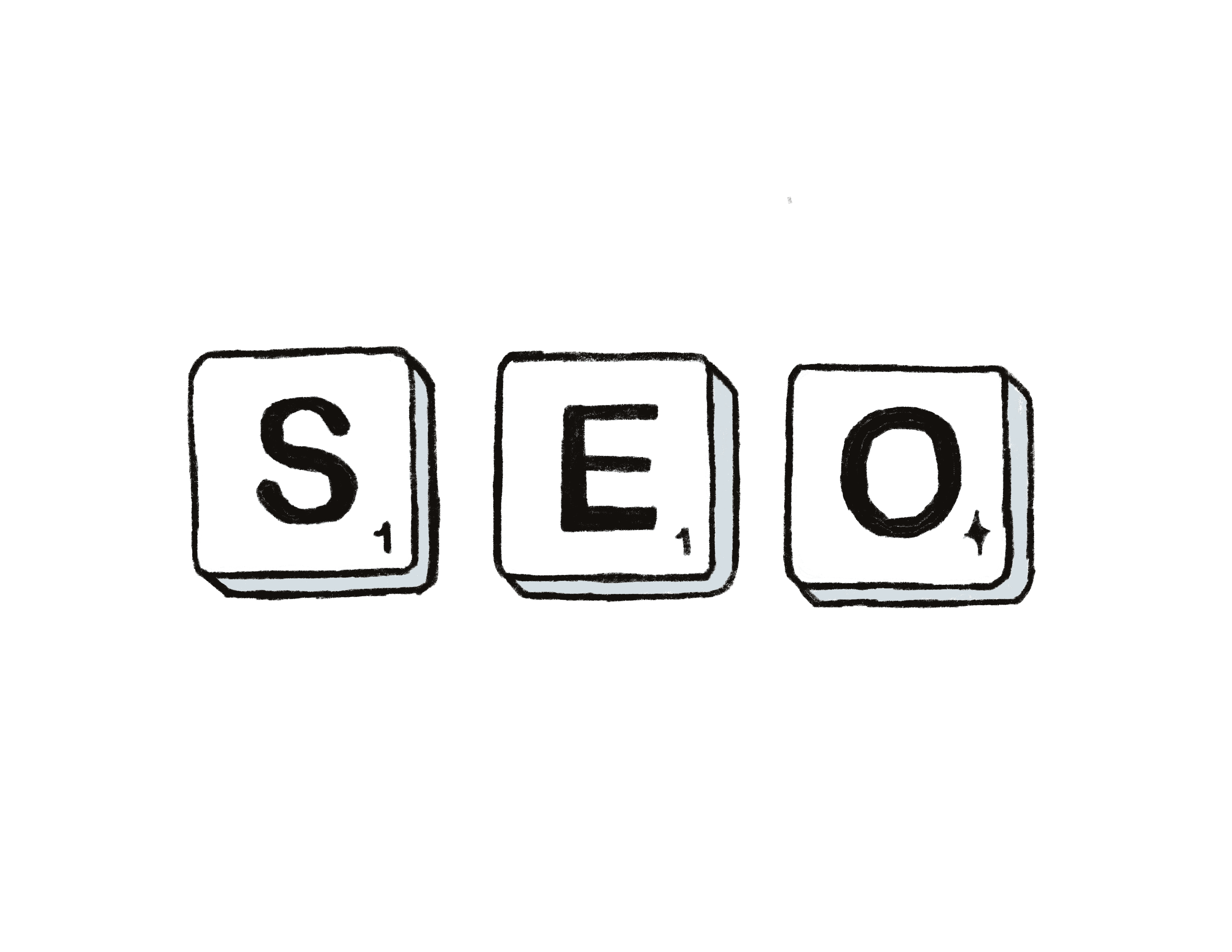SEO: Made Simple

If you're anything like me, you're probably wondering to yourself 'what exactly is SEO?' This abbreviation gets thrown around so often, but what exactly is it and just how important can it be?
If you ever find yourself wondering this, you've come to the right place. I have put together a basic guide on the basic principles of SEO and I'm going to tell you exactly how you can get started today. Let's get into it.
Definition
According to Google SEO is defined as:
SEO (Search Engine Optimization) is the process of optimising a website or web page to improve its visibility in search engine results pages (SERPs) for relevant queries. The goal of SEO is to increase organic (non-paid) traffic to the site by ensuring that it ranks higher for relevant keywords or phrases. SEO encompasses various strategies, including on-page optimization (content, meta tags, URL structure), off-page optimization (backlinks, social signals), and technical SEO (site speed, mobile-friendliness, crawlability).
Essentially this means ensuring that your website gets as much traffic as possible, and therefore as many clients, viewers, sales etc, as possible. Sounds good right? More coverage usually means more clients and therefore more capital.
According to a study by BrightEdge, 53% of all website traffic comes from organic search, making it the largest source of traffic. Further research by HubSpot shows that 75% of users never click beyond the first page of search results.
It's no wonder that SEO is so sought after and comes up so often in the world of business. So how exactly do you begin? The good news is that it's really simple to begin. It just takes practice (as with anything in life) to get good.
Keyword research
First things first, you need to conduct keyword research. Below is a simple guide to do exactly that. Don't get too excited... just remember that the rewards will be worth it.
- Use tools like Google Keyword Planner to find keywords relevant to your business.
- Use those keywords in important on-page elements. This includes:
- Title tag
- Meta description
- URL
- Headings
- Body content
Do not overstuff your content with these keywords, but try to do it in a natural way. Remember, everything in moderation.
Quality content is Power
High-quality, valuable content is one of the most critical SEO ranking factors. According to Backlinko's research, long-form content (1,500+ words) tends to rank higher on Google. So remember to research your target demographic and cater your content to their needs.
Speedy load times
Ensure that pages optimised for your keywords load quickly, as I argue this is one of the most important elements to SEO. Google confirmed that page speed is a ranking factor and that 40% of users will abandon a page that takes longer than 3 seconds to load. Think back to all the times that you've abandoned a page that was taking way too long. After all, there's a million other options... just something to think about.
Mobile friendly
With more than 60% of web users using their mobile as their primary means of search, it is essential that your site is mobile friendly and responsive. No one wants to attempt navigating a maze for a web page so it's imminent you look into this aspect of SEO. Please.
Backlinks
Backlinks are links that lead to your site. Backlinks from authoritative sites significantly boost your ranking. Sites with more high-quality backlinks tend to rank higher in search results. Google considers backlinks as a sign of credibility and relevance, and websites with a strong backlink profile perform better in SERPs (Search Engine Result Pages). So start forming connections and reaching out to other companies that are in your niche to be featured.
Voice Search
Hey Siri? Hmm yes that distinctive voice that comes out of our phones whenever we say those two words. Not weird at all. By 2024, it is estimated that over 50% of all searches will be voice-based. Voice search is changing SEO strategies, with more emphasis on natural language and long-tail keywords. This is something that you should definitely implement to future proof your SEO stats.
Create a Google My Business profile
46% of all Google searches are local, meaning people are looking for information on nearby businesses. Optimising for local SEO can increase visibility in local search results, so make sure you put time into creating a Google My Business profile.
Why does SEO matter?
Compared to paid advertising, SEO delivers a higher long-term return on investment (ROI) as it builds over time. Unlike paid ads that stop generating traffic as soon as the budget ends, organic search results continue driving traffic long after the initial investment. This is important if you want your business to continue thriving and working for you. Who doesn't? So start planting the seeds of your SEO now to reap the fruits in the future. Trust me, you won't regret it.
I hope this article was informative and motivates you to start implementing SEO strategies into your business. This is just some basic information to get you started, so make sure you continue to research and build on this knowledge in the future!
Happy SEOing,
Stella